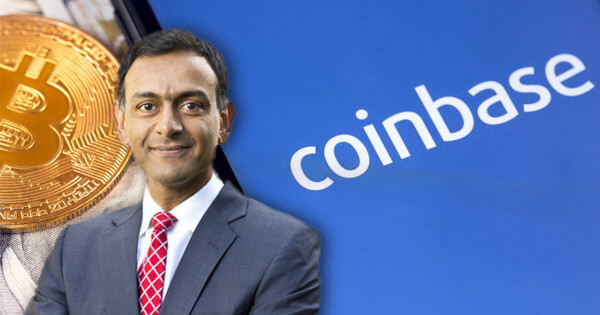
Source: blockchain.news
On July 8, Paul Grewal, Coinbase’s chief legal officer, tweeted multiple times about his discontent with the Securities and Exchange Commission (SEC) approach to regulating cryptocurrencies. Grewal said the SEC ignored important legal precedents and principles, such as the Supreme Court’s Howey ruling, which set the standards for what qualifies as an investment contract.
Grewal argued that the SEC has not considered the requirement of enforceable rights against an issuer, a key part of the Howey test. He also accused the SEC of ignoring the public interest and investor protection, despite allowing Coinbase to go public more than two years ago.
The tweets further claimed that the SEC is ignoring statements by its own chairman that there are no regulatory authorities applicable to cryptocurrency exchanges. Grewal also noted that the SEC appears to be ignoring recent Supreme Court warnings against regulatory overreach in areas reserved for Congress.
This public expression of frustration comes after a series of legal developments.
On March 22, Coinbase announced that the SEC had issued a “Wells notice” to the firm regarding an undefined portion of its listed digital assets, its staking service Coinbase Earn, Coinbase Prime, and Coinbase Wallet. Despite this, Coinbase remained confident in the legality of its assets and services and welcomed a legal process to provide clarity.
On June 6, the SEC commissioned Coinbase to operate its crypto-asset trading platform as an unregistered national exchange, broker, and clearing agency. The SEC also charged Coinbase for failing to register the offering and sale of its staking program as a crypto asset service.
In a June 17 letter filed with the court, Coinbase’s lawyers criticized the SEC for continuing to avoid the company’s rulemaking petition, which calls for the establishment of a regulatory framework for digital assets.
Despite these disagreements, Grewal agrees with the SEC that many of these issues must be decided promptly as matters of law. He continues to advocate for a fair and reasonable compromise from the SEC on digital assets.
Image source: ShutterStock
Read More at blockchain.news